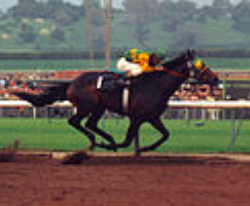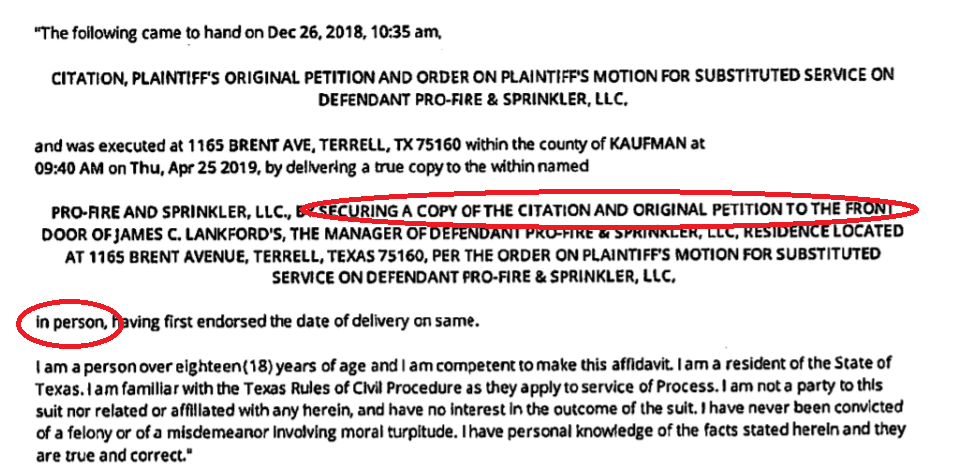Since the supreme court’s opinion in Rohrmoos Venture v. UTSW DVA Healthcare, 578 S.W.3d 469 (Tex. 2019), the mechanics of proving up attorneys’ fees have received a great deal of thought by practitioners and judges. The Fifth Court’s opinion in In re Estate of Willingham reminds of something more basic as to awards of appellate attorneys’ fees:
“[T]here is no certainty regarding who will represent the appellee in the appellate court, what counsel’s hourly rate(s) will be, or what services will be necessary to ensure appropriate representation in light of the issues the appellant raises … [but] this uncertainty does not excuse a party seeking to recover contingent appellate fees from the need to provide opinion testimony about the services it reasonably believes will be necessary to defend the appeal and a reasonable hourly rate for those services.”
Finding no evidence on that topic, the Court deleted the award of appellate attorneys fees from the judgment and otherwise affirmed. No. 05-20-00235-CV (Dec. 20, 2021) (mem. op.) (applying Yowell v. Granite Operating Co., 620 S.W.3d 335, 355 (Tex. 2020)).

